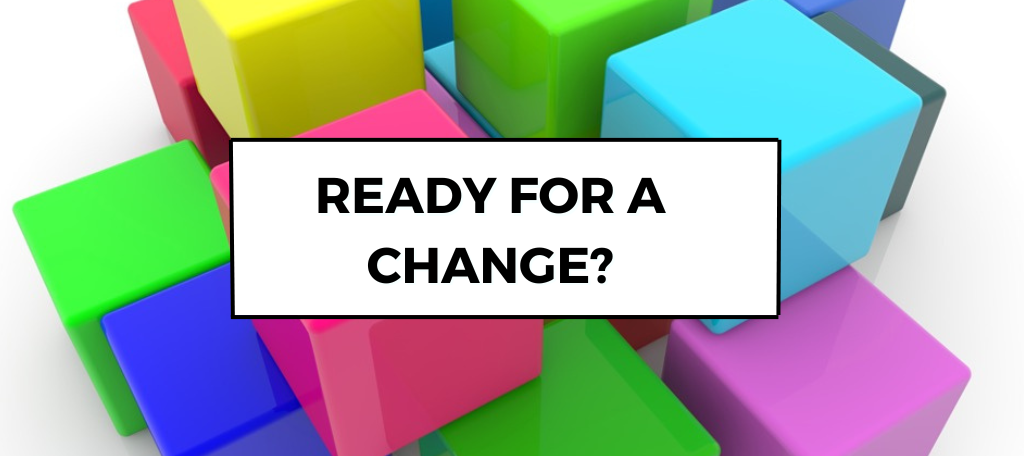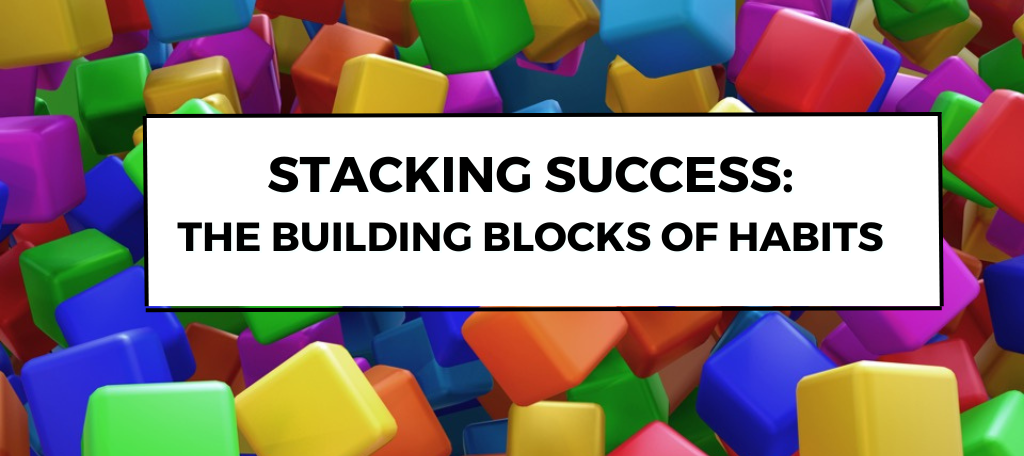There was a time when I thought the line between forgiving and forgetting was very clear. As I get older and learn more about myself, I’ve come to realize this line is blurry for me. I often equate forgiveness with the ability to let things go without harboring resentment and negative feelings. Oprah has spoken about how not forgiving is like drinking poison. I truly believe that. We end up harming ourselves with the negativity that is stored within our body and the endless thoughts that occupy our mind. How, then, do you get to a point where you can forgive someone? I believe forgiveness starts with forgiving ourselves. And that has got to be one of the hardest things a person can do!
 Forgiveness is a skill that needs to be learned and developed.And the first stage starts with yourself. If I have done things in my life that I regret or think I shouldn’t have done, I need to get straight with myself. If I harbor negative feelings towards myself, how can I possibly let things go with someone else?
Forgiveness is a skill that needs to be learned and developed.And the first stage starts with yourself. If I have done things in my life that I regret or think I shouldn’t have done, I need to get straight with myself. If I harbor negative feelings towards myself, how can I possibly let things go with someone else?
There is a process, though, for how we forgive ourselves. First and foremost, we need to acknowledge that there are things we wish wouldn’t have done. So often, though, we pretend we don’t have regrets, that we are justified in handling things the way we did. Now I’m not talking about the regrets of criminal activity like robbing a bank. I’m referencing the more subtle elements of our behavior: things like yelling at our kids, ignoring our friends, being rude to a customer service rep, not being home in time for dinner. Whatever it may be, those little tiny things add up. We have these subtle thoughts that are masked as ‘shoulds’: I should spend more time with the kids, I should be more patient, I should call Bob more often. Whatever it might be, we say should all day long, and those shoulds become pebbles of regret. We typically do one of two things with these pebbles. We may pretend they aren’t there and focus on something else to escape the painful thought. We keep walking as if we had a pebble in our shoe, and even though it might be an irritant, we tell ourselves it’s not that bad. The other thing we might do is harp on it. We compound the should with even more shoulds and turn the pebble into a rock. We think, “I know I should call Bob.” I do that all the time. “I need to call Mary, too. I should be on top of this. I should do this and I should do that.” So now we are walking around with a rock in our shoe instead of just a pebble, and agonizing about how painful it is.
The obvious method of handling the pebble, of course, is to recognize we have a pebble, stop, grab the pebble, and discard it. This is the formula for how we forgive ourselves. The first step is knowing we have a pebble. Next, we acknowledge the pebble and expend energy and time to take hold of it. Taking hold of the pebble is analogous to taking responsibility for behavior. This requires us to have a different kind of conversation with ourselves, where we shift the should to a shoulder. We understand it has created a burden for us and we forgive ourselves by having empathy and compassion for being human. Now we have a shoulder to lean on. This doesn’t mean we give ourselves an excuse to continue the behavior. It means we are quite clear on what we have done, what we would like to change, and why we would like to change it. And then we are nice to ourselves about it. In discarding the pebble, we get right with things. This involves telling your kids you didn’t mean to yell, or calling Bob and saying “I really enjoy talking to you.”
If you can do that for yourself, do you think that you would have more compassion for your parents when they yelled at you? You see that what starts the process of forgiving others is learning to do it for ourselves.
Give it a try — forgive yourself and enjoy the day!



